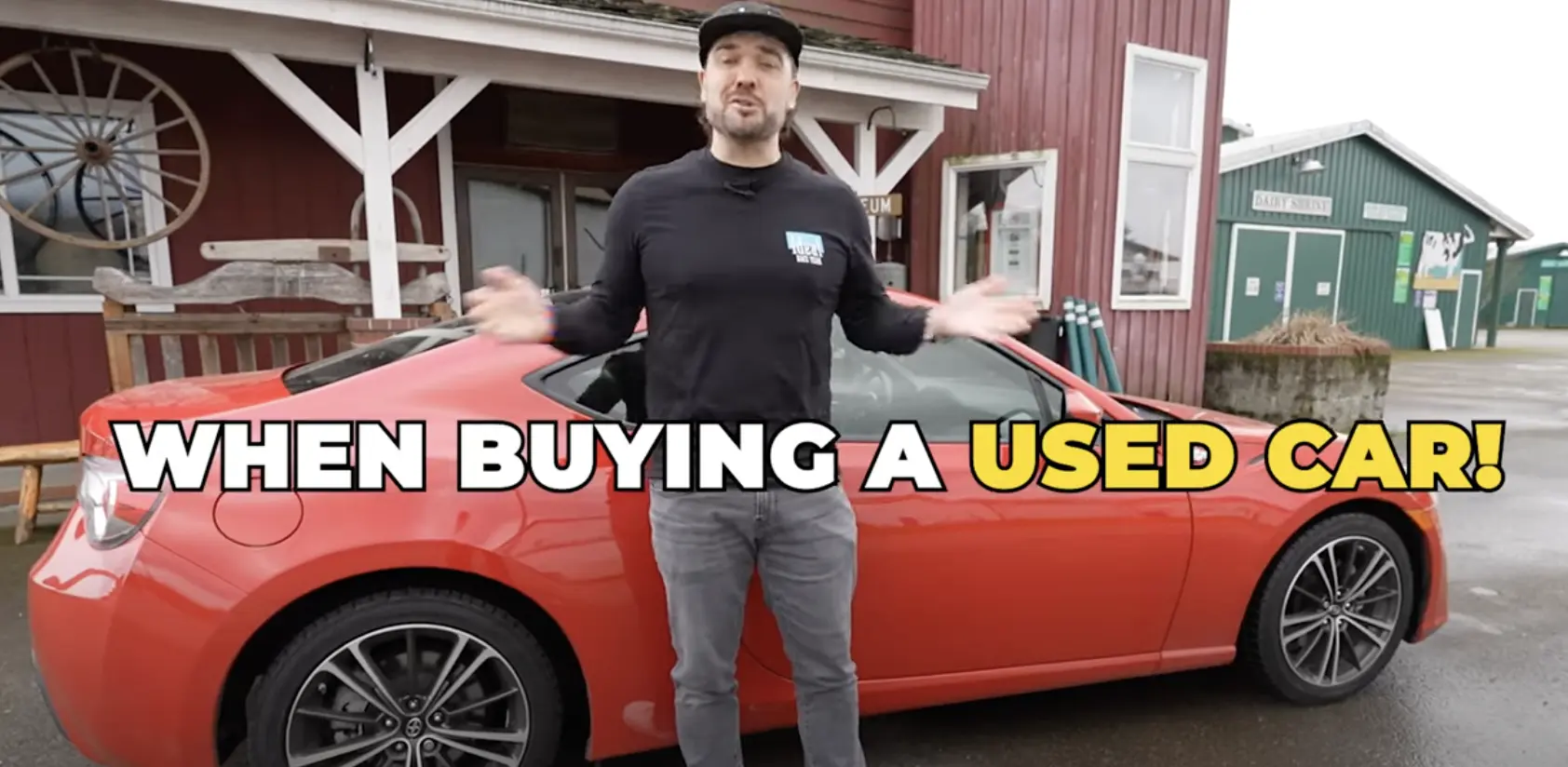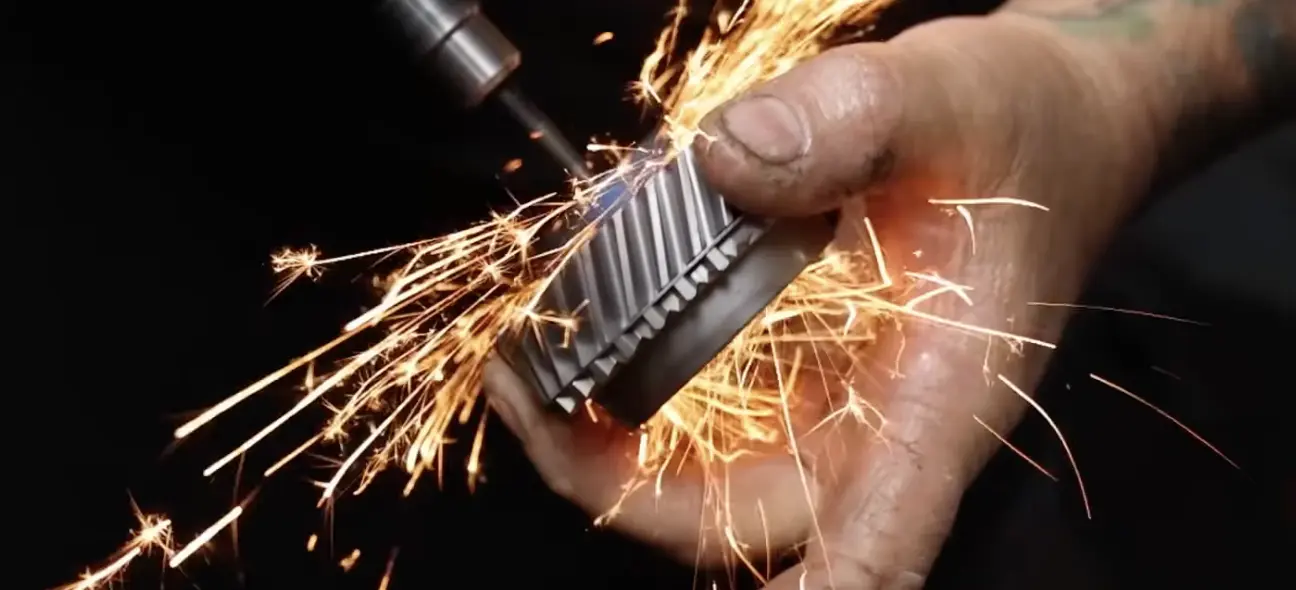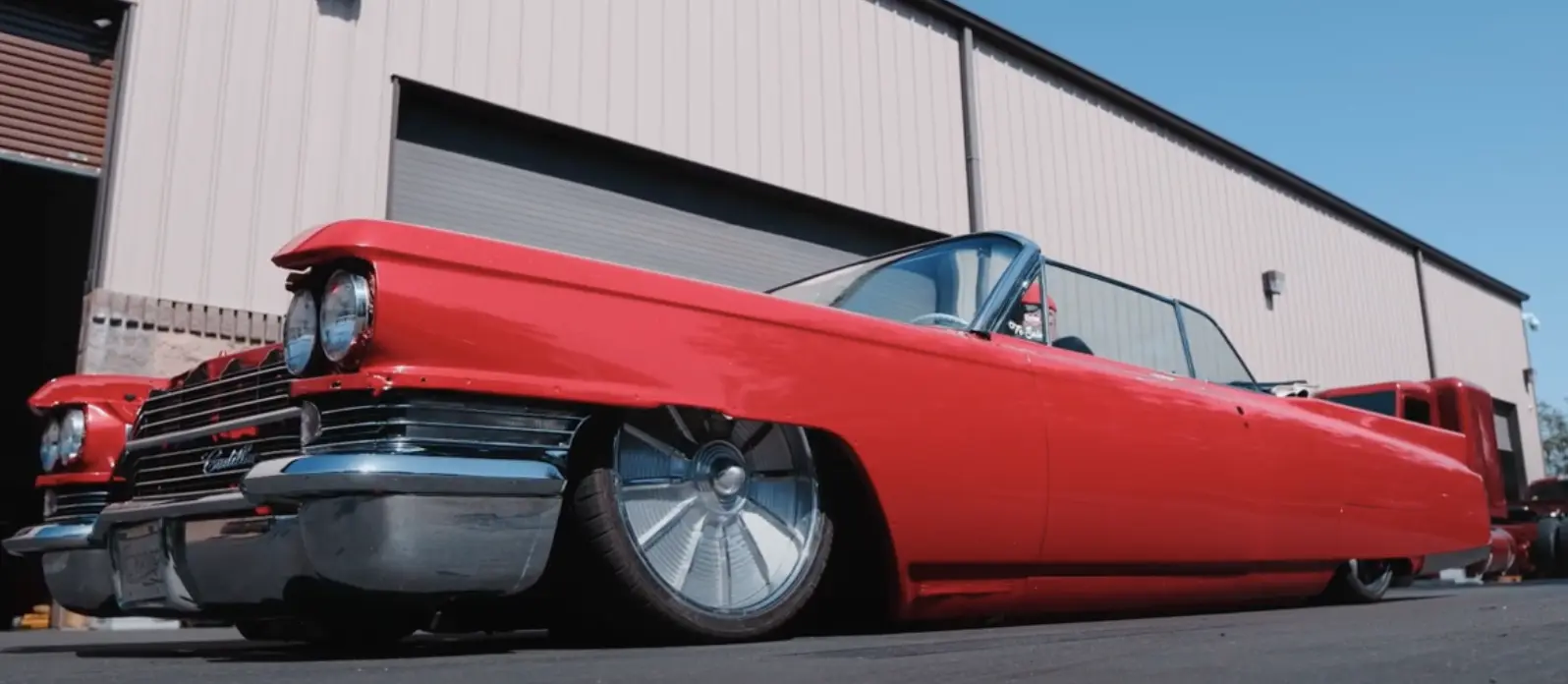When diving into the used car market, the path to finding a great deal is often littered with potential financial pitfalls. That’s why Ideal Media Channel offers practical advice on what not to do when purchasing a used car. Here, we explore these insights, particularly focusing on the processes of setting a budget, financing options, and effectively researching vehicle values.
Starting by establishing a clear budget is crucial, and deciding how you will pay for the car—either through financing or with cash—is fundamental. Paying with cash means no interest payments and sticking to a predetermined budget, which ultimately saves money. However, it also means tapping into savings without building any credit history, which could be a drawback for some. On the flip side, while financing a vehicle allows for lower initial costs and the opportunity to build credit, it comes with the burden of monthly payments and usually requires full insurance coverage.

For those considering financing, getting pre-qualified for a loan is advised, as it provides a clear picture of what you can afford and helps when negotiating prices. Ideal Media suggests checking rates with local credit unions for the best deals and using online tools like CarGurus to get pre-qualified without impacting your credit score.
Research is another critical step in the used car buying process. Knowing the market value of the vehicle you intend to purchase is perhaps your most significant leverage. Websites like classic.com provide a comprehensive look at what specific models have sold for at auction, which helps buyers form a realistic expectation of what they should pay. Recording these comparables in a document enhances negotiation power by providing a clear reference to market trends.
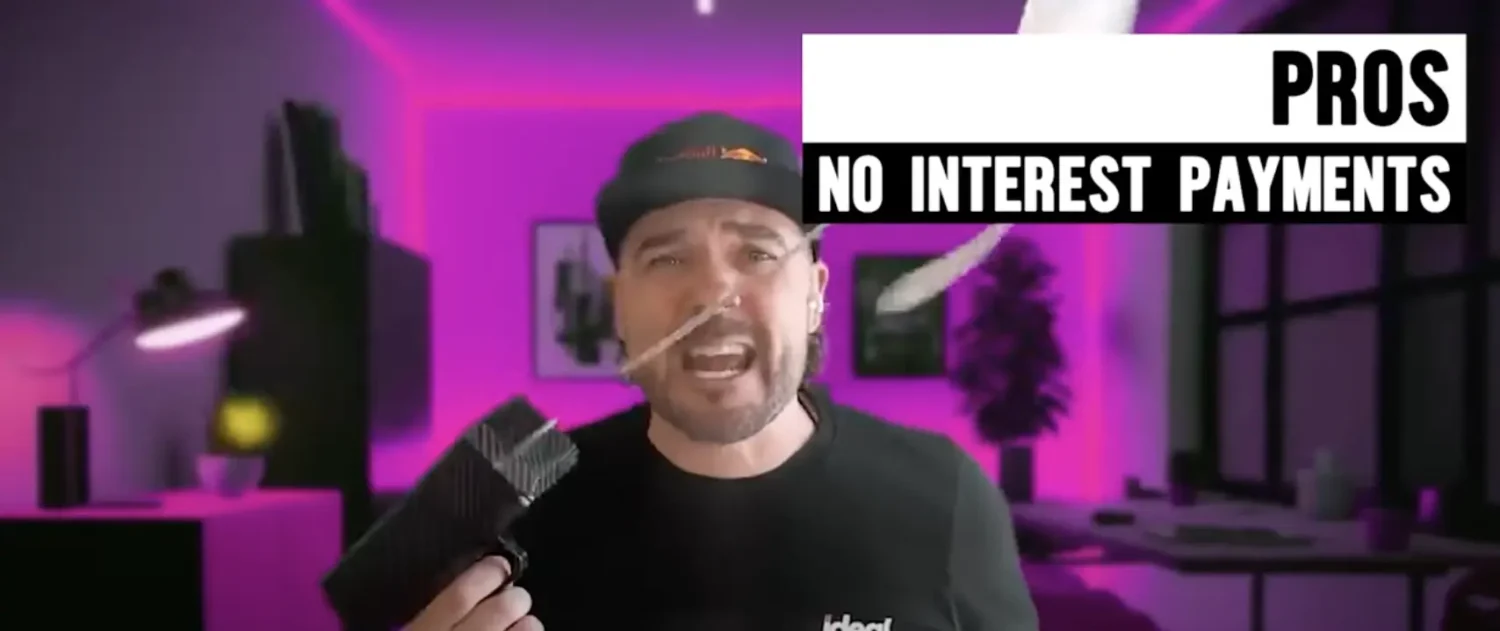
Next comes inspection and verification. If a car is out of your immediate area, conducting a virtual inspection through FaceTime or employing services like Lemon Squad can provide a thorough understanding of the car’s condition before making a decision. They offer detailed diagnostic reports for a fee, which is crucial when considering the potential cost of unseen damages.

When you finally view the car, whether in person or virtually, pay close attention to details. Check the alignment of body panels, the condition of tires (using the penny test), and ensure all electronic components inside the car function properly. Starting the car should activate all dashboard lights—any that don’t light up could indicate tampering or electrical issues. An OBD2 reader can also reveal any hidden engine codes that may not be apparent through a visual inspection.
During the test drive, monitor the car’s performance in various conditions. Listen for unusual noises, test the brakes and alignment, and make sure the car handles and shifts smoothly. Any issues detected can be used as bargaining chips when it comes time to purchase.

Finally, negotiation is an art in itself. Always start by asking the seller for their lowest price and negotiate from there. Being informed by your previous research and inspection findings gives you the confidence to push for a better deal, potentially saving thousands.
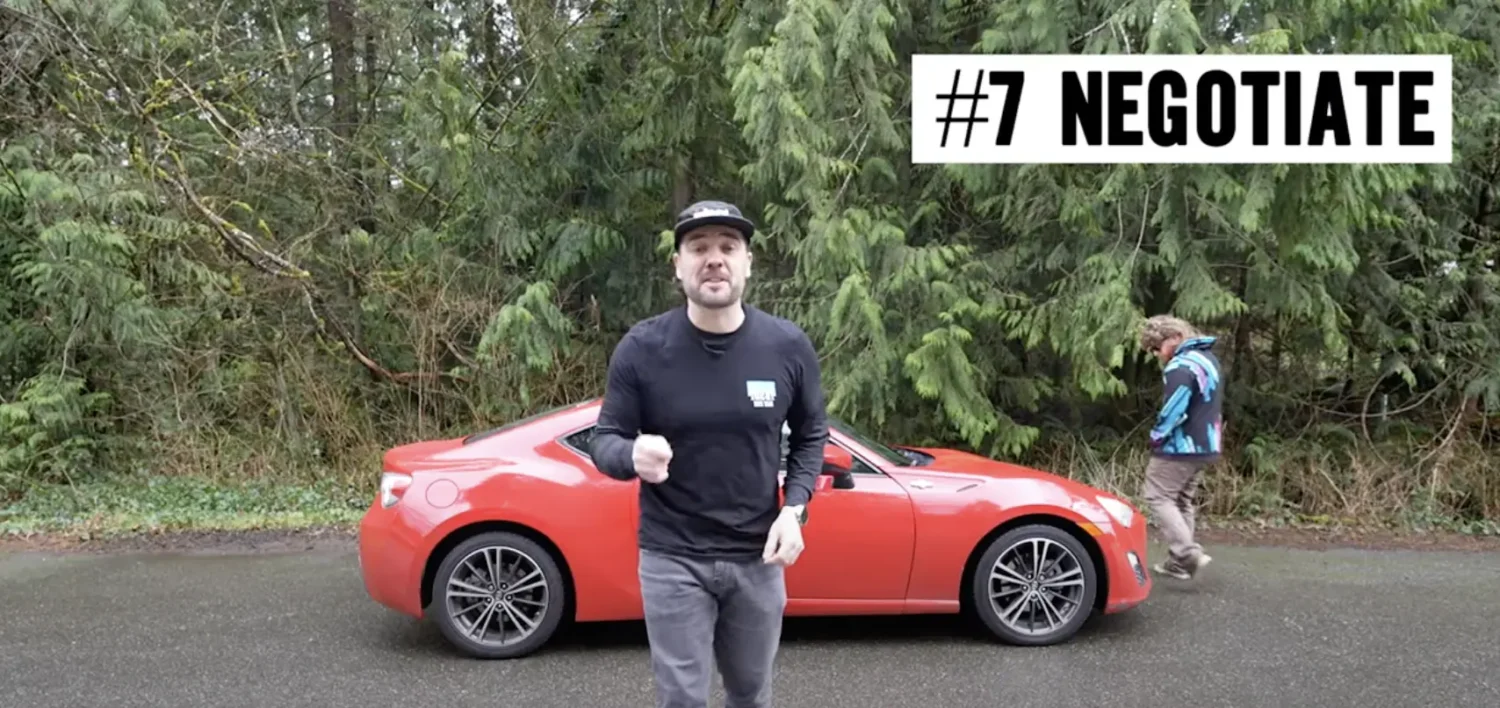
Buying a used car can be a complex endeavor fraught with potential overpayments and mechanical missteps. However, with thorough preparation, careful inspection, and strategic negotiation, you can secure a deal that’s both financially sound and satisfying. Remember, the more informed you are, the better positioned you are to navigate the nuances of the used car market and emerge with a vehicle that meets both your needs and your budget.
To watch the full video, and lots more, please visit the Ideal Media YouTube page:
https://www.youtube.com/@IdealMediaChannel
Website: https://idealcarstrategies.com/
Facebook: https://www.facebook.com/idealmediaofficial
Instagram: https://www.instagram.com/idealcarsofficial/
